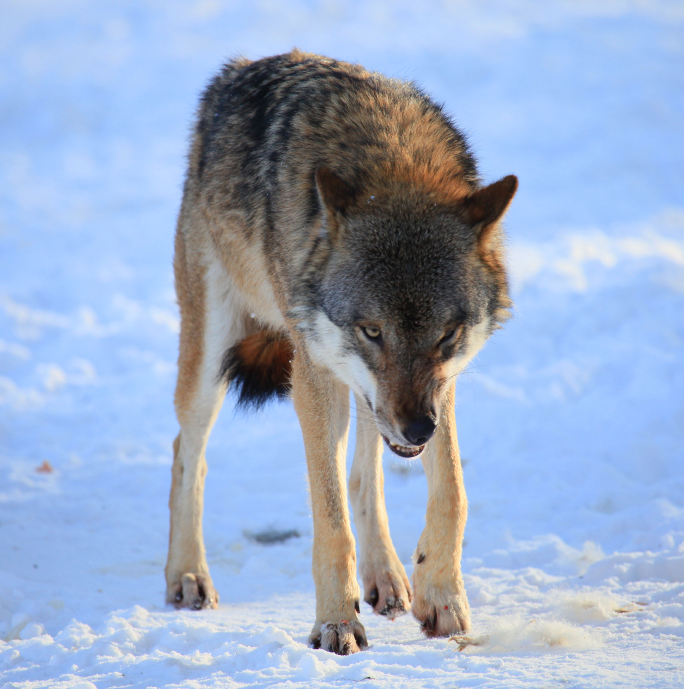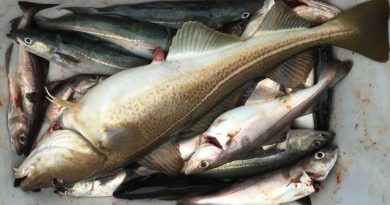Sweden to study Russian wolf DNA

The Swedish Environmental Protection Agency is launching a program to analyse the DNA of wolves in Finland and Russia, in hopes of maintaining the genetic diversity of Sweden’s wolf population.
The number of wolves in Sweden, around 400, is so low that there is a definite danger of inbreeding. Earlier this week the Environmental Protection Agency released a report that said the country needs at least 300 wolves to maintain a healthy population.
But besides that, it said at least one wolf needs to enter the country from the east every wolf generation, or five years, to extend the genetic diversity, Maria Hörnell Willebrand, head of the wildlife assistance department at the agency, tells Radio Sweden.
Historic data on animals
The agency now wants to study the DNA of wolves in Russia, in order to determine how important any particular wolf might be to maintain the Swedish population. They plan to study wolf droppings and fur to extract the DNA.
“We need to look at the baseline, and look at the difference, both in the existing Russian population, and the historic data”, Maria Hörnell Willebrand says.
There are also plans to gather similar information about lynx, bears, and Wolverines.
Related stories from around the North:
Canada: Nunavut allows limited caribou harvest after Baffin Island moratorium, Eye on the Arctic
Finland: Five invasive species threatening Finland’s nature, Yle News
Sweden: Swedish wolves need more genetic diversity: study, Radio Sweden
United States: Unraveling the mysteries of polar bear hair, Alaska Dispatch News



